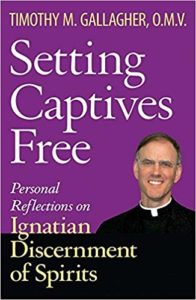Podcast: Play in new window | Download (Duration: 27:28 — 18.9MB) | Embed
Subscribe: Apple Podcasts | Spotify | Amazon Music | Android | Pandora | iHeartRadio | JioSaavn | Podchaser | Gaana | Podcast Index | Email | TuneIn | Deezer | Anghami | RSS | More

Dr. Matthew Bunson discusses the life, times and teachings of St. Gregory the Great part 2
Born: 540 AD, Rome, Italy
Gregory the Great, Pope (c. 540-604)
– Pastoral Rule
– Register of Letters
From Vatican.va, an excerpt from the teachings of Pope Benedict XVI General Audience 2008
In the theological plan that Gregory develops regarding his works, the past, present and future are compared. What counted for him more than anything was the entire arch of salvation history, that continues to unfold in the obscure meanderings of time. In this perspective it is significant that he inserted the news of the conversion of the Angles in the middle of his Book of Morals, a commentary on Job: to his eyes the event constituted a furthering of the Kingdom of God which the Scripture treats. Therefore, it could rightly be mentioned in the commentary on a holy book. According to him the leaders of Christian communities must commit themselves to reread events in the light of the Word of God: in this sense the great Pontiff felt he had the duty to orient pastors and the faithful on the spiritual itinerary of an enlightened and correct lectio divina, placed in the context of one’s own life.
Before concluding it is necessary to say a word on the relationship that Pope Gregory nurtured with the Patriarchs of Antioch, of Alexandria and of Constantinople itself. He always concerned himself with recognizing and respecting rights, protecting them from every interference that would limit legitimate autonomy. Still, if St Gregory, in the context of the historical situation, was opposed to the title “ecumenical” on the part of the Patriarch of Constantinople, it was not to limit or negate this legitimate authority but rather because he was concerned about the fraternal unity of the universal Church. Above all he was profoundly convinced that humility should be the fundamental virtue for every Bishop, even more so for the Patriarch. Gregory remained a simple monk in his heart and therefore was decisively contrary to great titles. He wanted to be – and this is his expression –servus servorum Dei. Coined by him, this phrase was not just a pious formula on his lips but a true manifestation of his way of living and acting. He was intimately struck by the humility of God, who in Christ made himself our servant. He washed and washes our dirty feet. Therefore, he was convinced that a Bishop, above all, should imitate this humility of God and follow Christ in this way. His desire was to live truly as a monk, in permanent contact with the Word of God, but for love of God he knew how to make himself the servant of all in a time full of tribulation and suffering. He knew how to make himself the “servant of the servants”. Precisely because he was this, he is great and also shows us the measure of true greatness.
For more visit Vatican.va
Dr. Matthew E. Bunson is a Register senior editor and a senior contributor to EWTN News. For the past 20 years, he has been active in the area of Catholic social communications and education, including writing, editing, and teaching on a variety of topics related to Church history, the papacy, the saints and Catholic culture. He is faculty chair at Catholic Distance University, a senior fellow of the St. Paul Center for Biblical Theology, and the author or co-author of over 50 books including The Encyclopedia of Catholic History, The Pope Encyclopedia, We Have a Pope! Benedict XVI, The Saints Encyclopedia and best-selling biographies of St. Damien of Molokai and St. Kateri Tekakwitha.

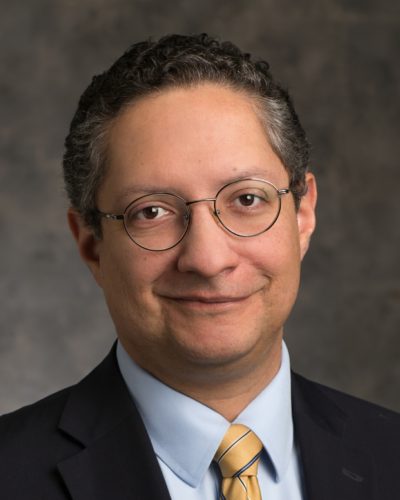 Episode 22- Regnum Novum: Bringing forth the New Evangelization through Catholic Social Teaching with Omar Gutierrez – We begin the study of the “
Episode 22- Regnum Novum: Bringing forth the New Evangelization through Catholic Social Teaching with Omar Gutierrez – We begin the study of the “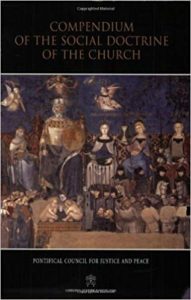

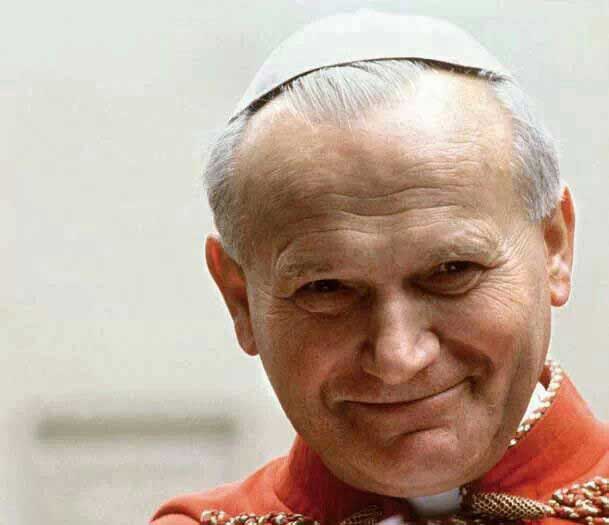

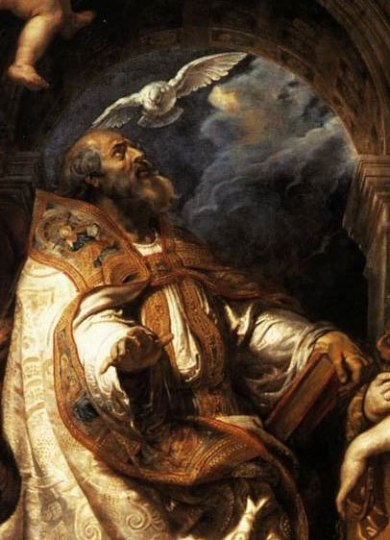
 In this episode, Dr. Lilles discusses the Second Mansions of the “Interior Castle” which covers:
In this episode, Dr. Lilles discusses the Second Mansions of the “Interior Castle” which covers: For other audio recordings of various spiritual classics you can visit the
For other audio recordings of various spiritual classics you can visit the 
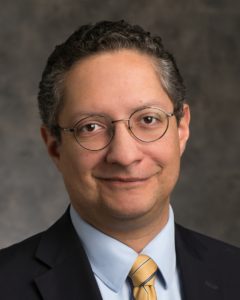
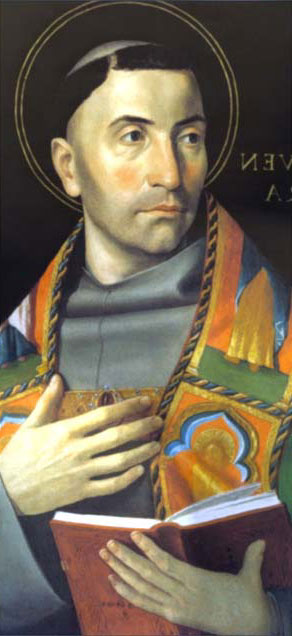 3. Seeing God in and through God Himself (looking upward) (stage 5 & 6) (The Altar)
3. Seeing God in and through God Himself (looking upward) (stage 5 & 6) (The Altar) Listening with the ear of the heart, Fr. Mauritius Wilde guides us through “The Little Prince” by Antoine de Saint-Exupéry. In this episode, Fr. Mauritius talks about how God wants to meet us in the places we do not want to be and how in our weakness God be strong. He also discusses the essence of true friendship.
Listening with the ear of the heart, Fr. Mauritius Wilde guides us through “The Little Prince” by Antoine de Saint-Exupéry. In this episode, Fr. Mauritius talks about how God wants to meet us in the places we do not want to be and how in our weakness God be strong. He also discusses the essence of true friendship.
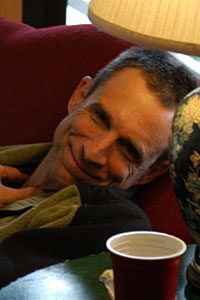
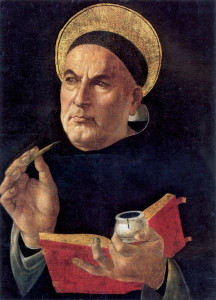
 Fr. Timothy Gallagher and Kris McGregor reflect on spiritual desolation’s challenge and the need for prayer and trust in God to overcome it. Emphasizing the role of faith, they share personal experiences and strategies like focusing on truths of faith and seeking intercession.
Fr. Timothy Gallagher and Kris McGregor reflect on spiritual desolation’s challenge and the need for prayer and trust in God to overcome it. Emphasizing the role of faith, they share personal experiences and strategies like focusing on truths of faith and seeking intercession.